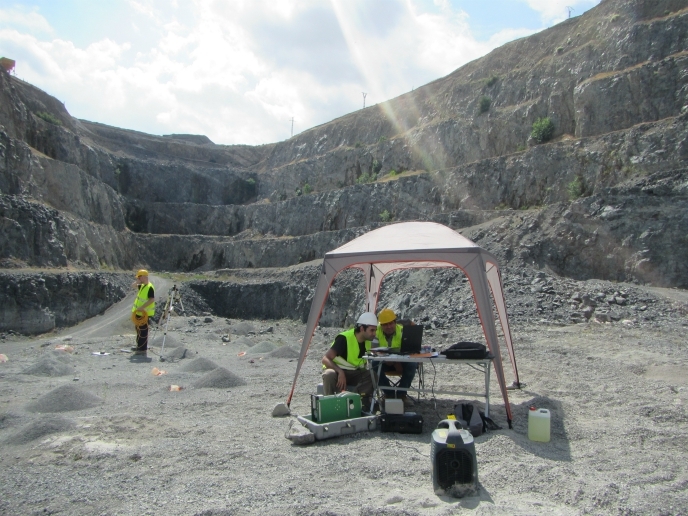The zero waste strategy for electronic equipment recycling
There is a wide and complex range of materials and components processed across Waste Electrical and Electronic Equipment (WEEE) efforts. As some of the waste is hazardous, if not managed properly it can present environmental and health risks. At the same time, modern electronics often rely on expensive and scarce resources, such as precious metals, currently largely lost through incineration, landfilling or exportation waste processing. The EU-funded METALLICA project has developed processing technology which combines smelting furnace innovations with those for separation and refining processes, alongside a customer tailored metallurgical process. Collectively, this waste solution increases efficiency and caters for the hazardous emissions generated. It also helps in the recovery of precious metals and generates its own electrical power. Extracting pure metals from e-waste The processing of nonferrous metals within WEEE recycling is closely linked to copper metallurgy, where printed circuit boards (PCBs) and similar secondary raw materials are diluted with other scrap and/or primary metals. The challenge, as summarised by Dr. Stefan Konetschnik METALLICA project coordinator, is that, “Improper treatment results in emissions of hazardous substances, such as halides, heavy metals, dioxins or nitric oxides. Not only does treatment become increasingly difficult, but the content’s value is also lowered, making recycling efforts more complicated.” The METALLICA solution developed by UrbanGold(opens in new window) includes a novel smelting furnace which can treat up to 100 % of concentrates from e-waste, avoiding the need for dilution. This is possible, as the smelting vessel is equipped with a special cooling and injection technology, as well as special attention given to off-gas cleaning. The process is capable of extracting base and precious metals along with critical raw materials in accordance with EU environmental standards. The results of preparatory market analysis have reassured Dr. Konetschnik, as he explains, “Our research indicates that Europe has the most advanced collection and treatment infrastructure in the world and we are confident that our technology offers the next step to further increase recycling rates while minimising landfill and waste incineration.” A state of the art industrial scale environmental system There is a common misconception that e-waste is synonymous with PCB scrap, but with this only constituting 5 % of actual overall e-waste, the available market is significant and growing fast with the increasingly disposable nature of consumer electronics such as TVs, phones and fridges. The METALLICA technology offers an opportunity to increase the recycling rate of e-waste and so contributes to the circular economy, driven by sustainability concerns. As Dr. Konetschnik summarises, “Instead of exporting waste and importing raw materials we can make better use of our own recycled resources. But in addition to European citizens benefiting from this almost zero waste strategy in terms of their health and environment, people will also benefit directly from jobs created when erecting and operating our plant.” Currently, the team is focussed on getting the technology to market. The first UrbanGold plant has already been sold and will start operations in late 2018, outside Europe. The next step is to put together a consortium to deliver the first full scale plant in Central Europe.







